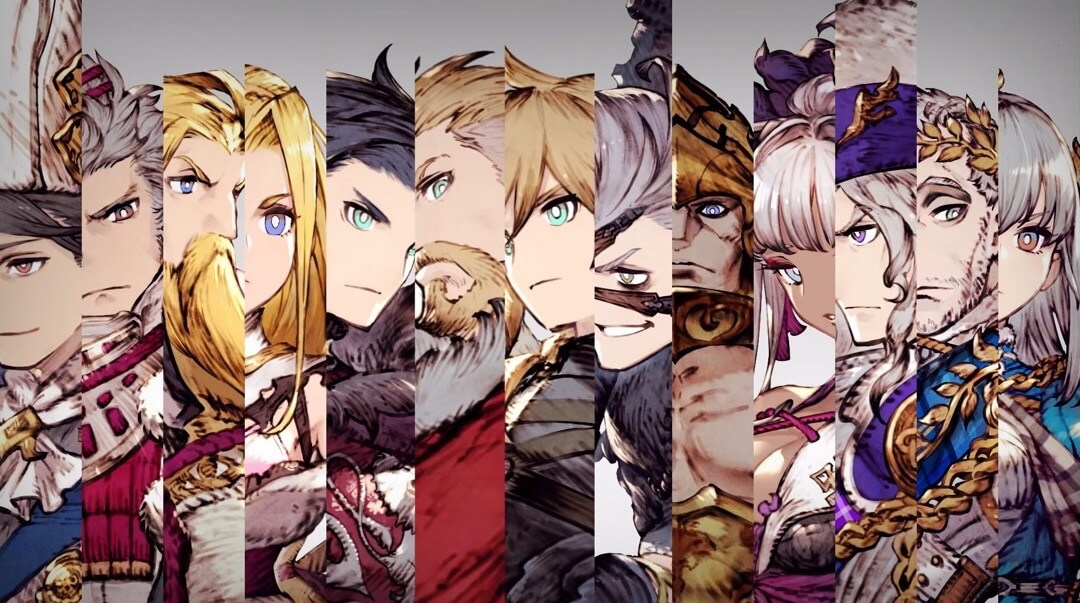Advertising in the metaverse is tricky.
Truth in Advertising, a nonprofit organization that aims to protect consumers from “false advertising and deceptive marketing,” filed a complaint Tuesday with the Federal Trade Commission alleging that Roblox has “completely shirked its responsibility” in following advertising laws on the kids gaming platform. The full complaint names several major U.S.-based corporations, including Netflix, Nike, Hasbro, and Mattel, as companies that have games on the platform that use deceptive marketing practices.
Roblox is a gaming and “metaverse” platform that primarily caters to children. Many of the games, which Roblox Corp. calls “experiences,” are made by users of the platform, not the company itself. However, over the past several years, more and more big-name companies have begun using Roblox games to advertise their products. Hasbro released a Nerf Gun shooter; Mattel released an open-world Hot Wheels game; and more recently, Sega of America partnered with a company to release a Sonic the Hedgehog game on the platform. In its complaint, Truth in Advertising says that “advertising is being surreptitiously pushed on millions of unsuspecting Roblox users” because a “public company has failed to establish any meaningful guardrails to ensure compliance with truth in advertising laws on its platform.”
The report goes into great depth to describe and list various problems with advertising practices on Roblox, but a lot of what it comes down to is unmarked or undisclosed advertising in different forms. (Disclosed advertising, for instance, is when an influencer uses #ad on TikTok, which that platform requires users to include if the post is a paid promotion so that they abide by FTC guidelines.) Truth in Advertising says it can be difficult for young children to distinguish between what it calls “advergames” — games that are created to promote specific brands or products — and regular user-made games. The report lists an example of searching for Stranger Things, with the search results being unclear as to the difference between the paid Netflix game and fan-made ones.
According to the Roblox community guidelines, developers who place advertisements in their games “remain responsible for all advertising content,” and must follow the “Community Rules, the Terms of Use and all other Roblox rules.”
Reached for comment about the complaint, Roblox Corp. issued the following statement to Polygon:
Roblox is committed to ensuring our users and developers have a positive and safe experience on our platform. We have strict guidelines for developers that want to promote or use ads within their experiences, including specific rules to protect users under 13, expectations that all developers adhere to Community Standards we strictly enforce, and no tolerance for fraud or scams. We have stringent rules and monitoring processes aimed at combating content to exploit or trick users. We also make significant investments in new ways to allow creators to be compensated for their efforts while ensuring ad experiences are transparent and comply with applicable laws and regulations.
Truth in Advertising’s 44-page complaint goes on to mention specific instances of misleading marketing practices that can occur in Roblox. For example, there are real-life players who serve as brand ambassadors for virtual content on the platform and interact with users within Roblox games. The complaint lists Nike influencers who spend time on Roblox and “buy” Nike gear and talk to people playing the Nike game, but aren’t “disclosed in the material connection to Nike” within Roblox.
In addition, Truth in Advertising’s report takes issue with “undisclosed” or unmarked Roblox avatars that engage in promotional activities, such as giving or selling in-game items. This could apply to any unmarked NPC that sells in-game content, but the report also points out that celebrity-inspired avatars, like one of LeBron James, have been used in promotional exchanges.
“Wherever endorsements take place, advertisers must fulfill their duty to ensure that the form, content and disclosure used by any influencer, at a minimum, complies with the law. Even in the metaverse, companies are legally responsible for ensuring that consumers, whatever their age may be, know that what they are viewing or interacting with is an endorsement,” Truth in Advertising said. “And despite the transitory nature of avatar influencers participating as walking, talking endorsements within the Roblox metaverse, no brand (including Roblox) is permitted to ignore its legal obligation to disclose these endorsements.”
Source: Polygon





















